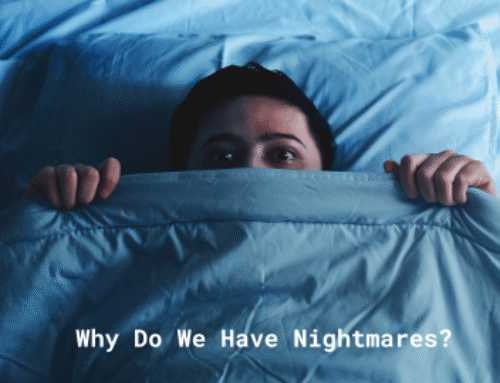General Physicians
If you suspect you are suffering from a depressive disorder, start by seeing your general physician. They can help you spot physical problems that may be causing or exacerbating the problem, like allergies, hormone imbalances, thyroid disorders, sleep disturbances, and more. They are also the starting point for most treatment regimens and can offer further resources and referrals.
Therapists and Counselors
Everyday, psychotherapists help people talk through trauma, negative habits, and thought patterns. The simple act of expressing one’s pain is incredibly cathartic. Therapists offer a safe space to talk about things that are hard to talk about and help patients come up with positive ways to cope and heal.
Psychiatrists and Medication
For diagnosed mood disorders and chemical imbalances, psychiatrists are helpful. They communicate with therapists and general physicians to prescribe medications. Psychiatrists combine treatment of mind and body to find the right medication at the right dosage to bring the patient relief.
Transcranial Magnetic Stimulation
TMS is a neuromodulation method approved by the FDA in 2008 to help with treatment-resistant Major Depressive Disorder (MDD). The procedure is pain-free, non-invasive, and covered by major insurance carriers when used to treat MDD.
Social Support
Even the most introverted people need to stay connected with others who make them feel seen, understood, and loved. This is more important than ever as we practice social distancing during the COVID-19 pandemic to protect others and ourselves. There are many online support groups on multiple platforms where you can meet people that you can commiserate, connect, and celebrate with. You’re not alone, you’re not weak or bad for suffering, and you can help others with your insights.
Cultural and Religious Support
Many people find comfort from attending religious services and talking with clergy, like pastors, priests, imams, rabbis, non-denominational counselors, and more. They can also teach skills like meditation and may facilitate support groups. Cultural and religious centers are also great for meeting friends, even when interactions are virtual.
Local and National Resources
Check out the Mental Health America website to look for local and national mental health resources to fit your needs. If you have personal medical insurance or medical insurance from your workplace, check with your carrier to see what mental health services are covered under your policy. Also check for organizations, virtual or nearby, that can offer mental health support at low or no cost.
Educating Yourself
We strongly discourage self-diagnosis, but we encourage reading up on the symptoms of depressive disorders so that you can check them against your experiences. We also encourage journaling, both to express yourself and to make a record of patterns, triggers, what works, what doesn’t work, etc.




